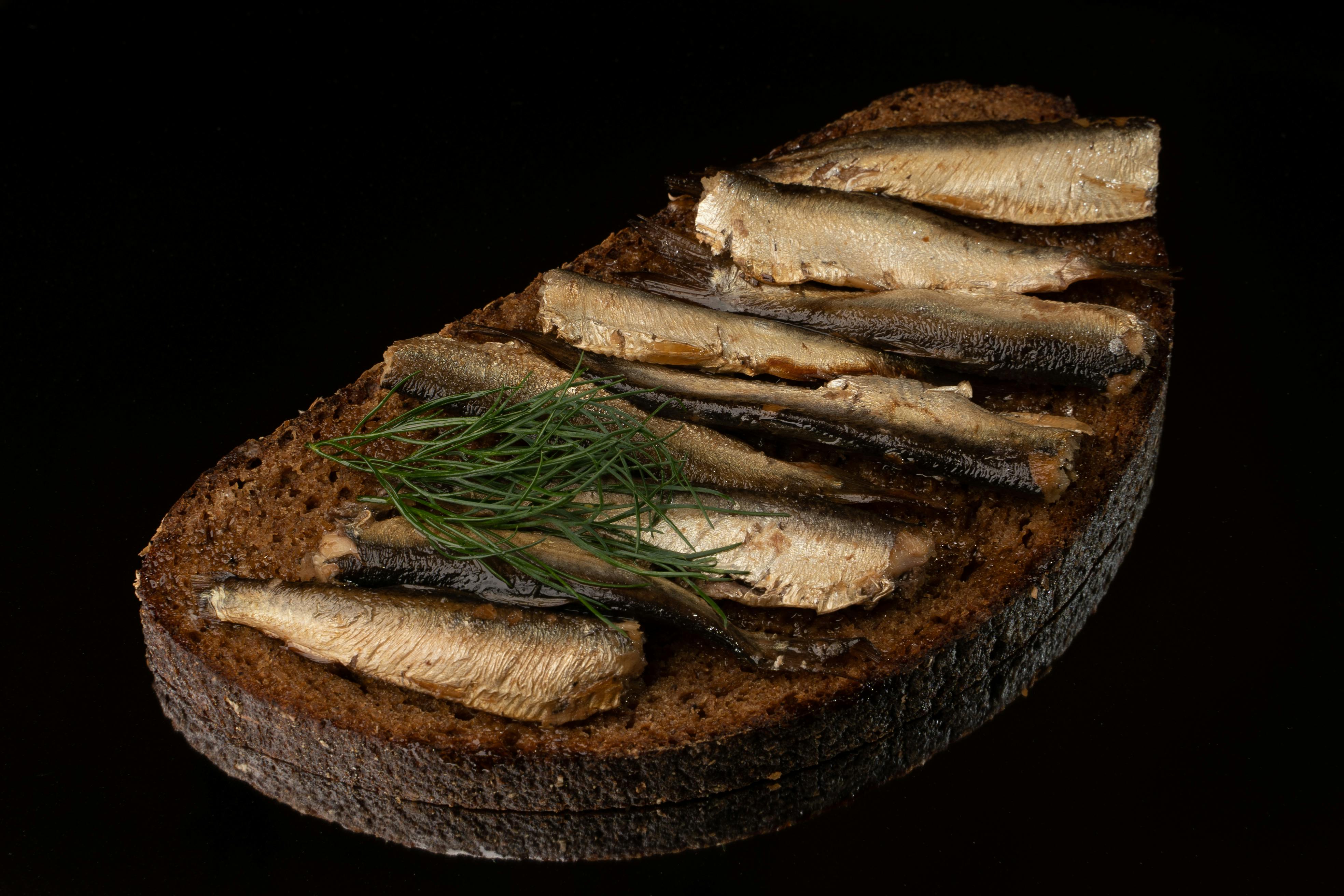How to Stop Periods Immediately: Exploring Effective Home Remedies
Periods can sometimes be an inconvenience, and many may seek immediate ways to stop or delay them. Understanding how to stop periods immediately through home remedies can empower individuals with natural methods for period management. The significance of managing menstrual flow effectively extends beyond mere convenience—it can enhance overall wellbeing. In this article, we will explore various home remedies to stop periods, catering to those seeking quick solutions for menstrual cramps, heavy bleeding, and more.
Throughout this article, we will cover the importance of certain lifestyle changes, diet modifications, and herbal remedies. We will also shine a light on how relaxation techniques and exercises can play a crucial role in alleviating menstrual discomfort. By the end, you will be equipped with practical tips for managing your periods effectively.
Key takeaway: There are numerous natural ways to halt menstruation when needed, and implementing various remedies can lead to quick relief from discomfort and inconvenience.
Herbal Remedies to Stop Periods Effectively
Herbal remedies have been traditionally used as natural ways to halt menstruation. They offer a holistic approach without the side effects often associated with medications. Some common herbs include:
Ginger and Its Effects
Using ginger to stop periods is popular among many due to its anti-inflammatory properties. This powerful root can help in reducing heavy menstrual bleeding. You can make ginger tea by boiling fresh ginger slices in water, adding lemon or honey for taste. Consuming this tea during your cycle may help manage and regulate menstrual flow effectively.
Chamomile Tea Benefits for Period Relief
Chamomile not only has calming effects but is also recognized for its benefits during menstruation. Drinking chamomile tea can relax the uterus and alleviate menstrual cramps. It also helps reduce stress, a known factor that can affect the menstrual cycle.
Other Herbal Solutions
Several other medicinal herbs may aid in menstrual issues. For example, cinnamon has shown promise in regulating periods and easing menstrual discomfort. Additionally, raspberry leaf tea is believed to strengthen the uterine muscles and may be beneficial before and during the menstrual cycle.
Incorporating these herbs into your diet can offer a natural and effective method for managing menstrual issues and minimizing the effects of menstruation.
Home Treatments for Period Delay
If you're looking for quick relief but prefer holistic approaches, understanding home treatments for period delay can serve you well. Some methods might involve minor lifestyle modifications and diet changes that regulate menstruation.
Diet Changes to Regulate Menstruation
Certain dietary supplements, such as calcium and vitamin D, can be beneficial for menstrual health. Eating anti-inflammatory foods like leafy greens, fatty fish, and nuts can also contribute to ease menstrual symptoms. By focusing on a balanced diet, you can create an environment in your body that may help regulate your cycle.
Hydration Tips for Period Relief
Staying well-hydrated is essential during your cycle. Dehydration can exacerbate menstrual cramps and flow. Drinking plenty of water, herbal teas, and other hydrating beverages can help manage your period effectively. Also, ensuring your body is properly hydrated may assist in managing blood flow effectively.
Avoiding Certain Foods During Periods
Pay attention to your diet; certain foods can worsen period symptoms. Caffeine can increase tension and lead to heavier bleeding for some. Similarly, processed sugars may contribute to cramps and bloating. Avoiding these foods may provide better control of your period.
Implementing these simple home treatments and pay attention to dietary choices can make a significant difference in managing menstrual symptoms.

Yoga Poses to Ease Period Pains
Alongside dietary changes, physical activity is a key factor in controlling menstruation. Engaging in certain yoga poses can alleviate discomfort during your period effectively.
Recommended Yoga Poses
Incorporating yoga into your routine can encourage relaxation and help reduce stress, which is crucial for menstrual health. Poses like the Child’s Pose, Cat-Cow, and Legs-Up-the-Wall offer soothing outcomes that direct blood flow and ease cramping.
Benefits of Exercise on Menstrual Health
Staying active during your period can also do wonders. Light exercise may improve blood circulation, reducing cramps and heavy flow. However, it's essential to listen to your body and allow for adequate rest when needed.
Combining Yoga with Other Therapies
Alongside yoga, consider practices such as acupuncture for period management. This alternative therapy can relieve menstrual pain and balance hormones naturally. Combining these practices can provide holistic menstrual care.
Yoga and physical activity are essential components of managing menstrual health and can substantially ease discomfort.
Stress Management Techniques for Period Control
Understanding the psychological aspect of menstrual health, it is vital to address stress management techniques to control periods. Stress impacts hormonal balance, which directly affects the menstrual cycle.
Relaxation Techniques for Menstrual Pain
Incorporating techniques such as meditation, deep breathing, and mindfulness can significantly reduce menstrual discomfort. Attaining mental calmness can allow your body to regulate its cycles better.
Importance of Mental Health During Menstruation
Maintaining good emotional health during menstruation can minimize symptoms. Engage in activities that promote relaxation and joy, which can have a positive impact on your cycle.
Common Myths Associated with Period Management
It's essential to debunk myths surrounding menstrual issues. For instance, some may believe that exercising during periods is harmful, which is inaccurate. Engaging in moderate exercise can have numerous positive effects.
Practicing these strategies can help you manage your menstrual symptoms holistically and make your experience more comfortable.

Effective Methods to Manage Heavy Menstrual Bleeding
For those dealing with heavy menstrual bleeding, exploring effective methods is crucial. Heavy flow can be uncomfortable and sometimes embarrassing.
Using Herbal Teas for Period Relief
As mentioned before, some herbal teas are known for their beneficial properties regarding heavy menstrual bleeding. Drinking these teas can help ease discomfort and potentially regulate your flow.
Essential Oils for Menstrual Relief
Using essential oils can also offer great benefits. For example, lavender and clary sage oils have hormone-balancing properties that may help with cramps and heavy flow. You can dilute these oils and apply them to the abdomen for soothing relief.
Seeking Professional Guidance
In case of persistent heavy bleeding, it is crucial to consult healthcare professionals. Understanding the underlying issues may guide toward effective treatment options.
Arming yourself with knowledge about available remedies can significantly ease the challenges associated with heavy menstrual bleeding.
Q&A Section: Common Questions About Stopping Periods
Q: Are there any quick remedies for stopping periods?
A: Yes, herbal teas, hydration, and certain vitamin supplements can help manage menstrual flow quickly. However, please consult a healthcare provider if you're considering significant changes.
Q: Can lifestyle changes really impact my menstrual cycle?
A: Absolutely! Stress management, dietary choices, and physical activity all play crucial roles in menstrual health. Implementing these changes can lead to more regulated cycles.
Q: How do essential oils help with menstrual discomfort?
A: Essential oils can soothe pain and balance hormones. Applying diluted oils to the abdomen or using them in a diffuser can provide calming effects during your cycle.
Q: What are some herbal methods to delay menstruation?
A: Herbs like ginger and chamomile are known to be helpful in delaying menstruation. Integrating them into your routine can provide a natural approach.
Q: Should I consult a doctor for heavy bleeding?
A: Yes! Persistent heavy bleeding warrants a conversation with a healthcare professional to explore underlying causes and treatment options.
